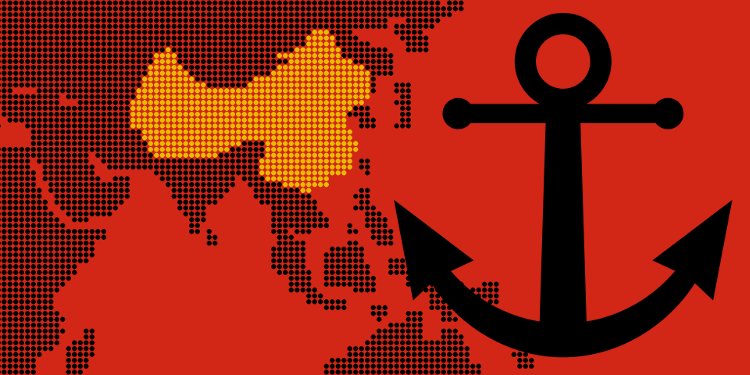Victory! Taiwan finally defeated the old enemy of the East that the Chinese Communists could not. The KMT-Nationalist party has rarely faced such a stunning defeat. The enemy of the revolution, murderer of Taiwanese and thieves of Asia’s greatest assets, the witch of the East met her end at the hands, not of soldiers and explosives, but of democracy.
Beijing would have worldwide respect in declaring victory and normalizing relations. But the land of Sun Tzu seems to have forgotten the basics of war: If one government controls an entire region, then an enemy only need take-out the central government for the entire land to fall. If Taiwan were a Chinese province, China would be less safe. As an ally that China itself could not take—an attack against China would be unwise for any adversary. But, again, Beijing seems more bent on delusions of pride than real safety. The best kept secret about respect is not that it must be earned and not bestowed, but that those who state their respect rarely mean it. Having respect of others and having others show respect are entirely different things. This is a lesson the KMT-Nationalists still haven’t seemed to learn.
China had it’s own streak this week. More than one teary-eyed apology cross the air-waves. The world continues to see China for what it is while Beijing counts more ill will an indication of progress. Perhaps Beijing is right.
Taiwan’s confidence in voting overwhelmingly for a political party that will not cow-tow to China’s hostile takeover agenda sends a message to China. While the messengers in Beijing may not deliver, the people of China read it loud and clear, perhaps for the first time: A single government can have a new political party and the people do not need to bend to the dictates of the old establishment.

